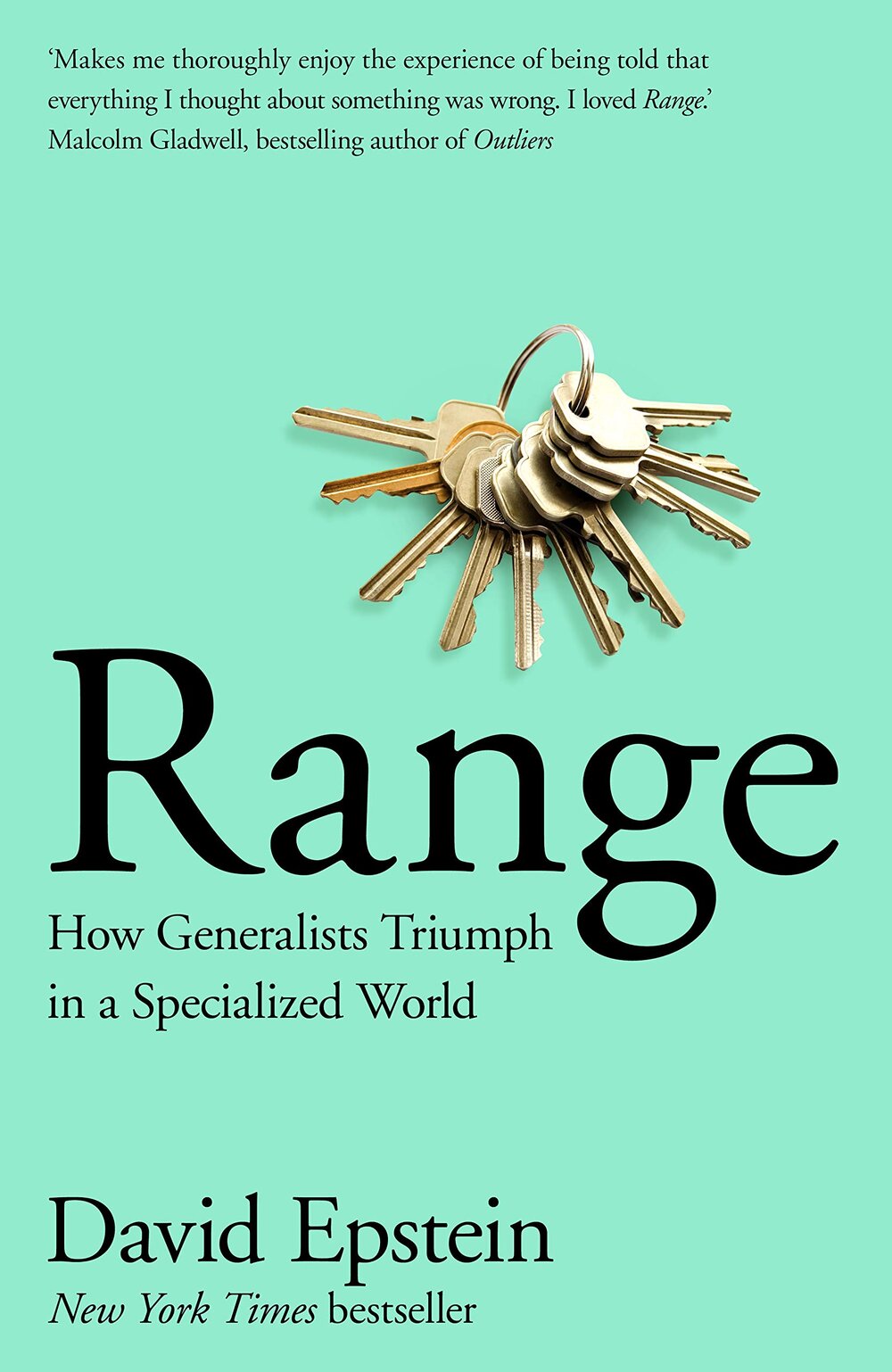
Instead, the world is like a game where “you can see the players on the court with balls and rackets, but nobody has shared the rules. “The world is not golf, and most of it isn’t even tennis,” Epstein writes. But these are outliers, because they’re rooted in repetitive patterns and clearly defined solutions.

“In a world that increasingly incentivizes, even demands, hyperspecialization,” he writes, “we … need more Rogers: people who start broad and embrace diverse experiences and perspectives while they progress.”Įpstein, whom I learned about from his fantastic 2014 TED talk on sports performance, acknowledges that there are certain pursuits, like golf and classical music, where it does make sense to go all in as early as possible. The sports journalist David Epstein uses Roger’s experience as his opening example of the underappreciated benefits of delaying specialization and accumulating a breadth of different experiences.

I learned this from reading a good, myth-debunking book called Range: Why Generalists Triumph in a Specialized World. Even then, his parents discouraged him from taking it too seriously. He didn’t start playing competitive tennis until he was a teenager. He played a wide range of different sports, including skateboarding, swimming, ping pong, soccer, and badminton. Here’s the surprising part about Roger’s greatness: As a young kid, he didn’t focus on tennis and didn’t get fancy coaching or strength training. As the late novelist David Foster Wallace wrote, he is “one of those rare, preternatural athletes who appear to be exempt, at least in part, from certain physical laws.” Just before COVID-19 hit, I was paired with Roger Federer in a tournament to benefit children’s education in Africa.


 0 kommentar(er)
0 kommentar(er)
